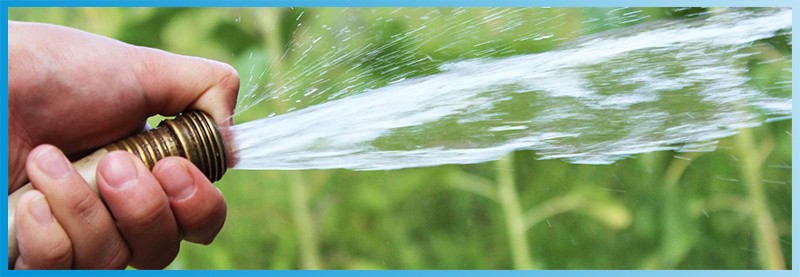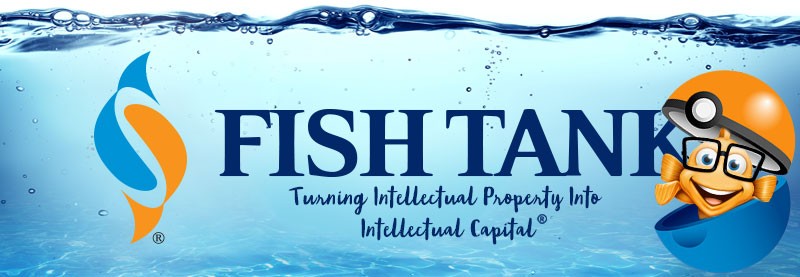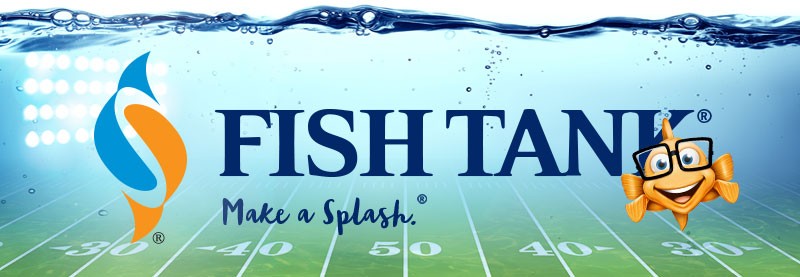Intellectual Property Insights from Fishman Stewart
Mini Article – Volume 22, Issue 10
Share on Social

Famous Water Toy Inventor Inducted into Hall of Fame
Among the esteemed group of inventors honored this year by the National Inventors Hall of Fame was Lonnie Johnson, inventor of the Super Soaker® water sprayer. The water-pump inspired toy, ubiquitous with summer fun, was first introduced in 1990 and quickly rose to fame among children and adults. Today, the lifetime sales of the Super Soaker toys generated over 1 billion dollars, and the toy itself was inducted into the National Toy Hall of Fame in 2015.
Johnson’s journey as an inventor was, quite literally, out of this world. After earning a bachelor’s degree in mechanical engineering and a master’s degree in nuclear engineering, Johnson took to the skies with the U.S. Air Force and the National Aeronautics and Space Administration (NASA). Johnson worked on a stealth aircraft program for the U.S. Air Force and contributed to several programs with NASA for spacecraft projects set to visit the planets of Jupiter and Saturn.
It was during his time in the U.S. Air Force that Johnson developed the concept for a new type of water pump toy. Like many great inventions, Johnson’s idea was inspired by a mishap. While working on an improved heat pump system, Johnson witnessed the machine spring a leak and spray a stream of water across the room. This accident gave Johnson his “lightbulb moment” and he set out to create a new type of water toy that utilized a pressurized tank system. Johnson earned several U.S. patents for his water toys, including a unique variation that takes the shape of an archery bow.
The unexpected popularity of the toy took Johnson by surprise, but did not distract him from his higher calling in advanced energy technologies. Johnson used the money generated from the commercialization of the beloved toy to support his research company that develops new types of energy conversion machines, such as the Johnson Thermo-Electrochemical Converter System, a type of solid-state heat engine. Learn more about Lonnie Johnson and hear his interview with the U.S. Patent Office HERE.
Published May 20, 2022


Related Content from Fishman Stewart
In a recent decision, the U.S. Court of Appeal for the Eighth Circuit affirmed a jury verdict holding that the use of the "Success Kid" meme by a congressman's reelection campaign for fundraising purposes did not qualify as fair use.
In February 2024, proposed legislation was introduced in US House of Representatives which would extend copyright protection to golf courses. The bill is titled “Bolstering Intellectual Rights against Digital Infringement Enhancement Act” or the “BIRDIE Act”.
June is Pride Month, which honors the 1969 Stonewall Uprising in Manhattan and recognizes the impact that lesbian, gay, bisexual, and transgender (LGBTQ+) individuals have had on history locally, nationally, and internationally. The United States Patent and Trademark Office flies the Pride Flag and promotes the Pride community’s contributions with programming offered annually.
June is Pride Month. This year we are celebrating with some IP tips for drag performers! Drag performers can protect their intellectual property by registering the copyrights in their original works of music, choreography, and comedy sketches.
You’re rarely more than a few yards from Finny’s favorite chips, semiconductor chips to be precise. But what exactly is a semiconductor chip?
"May the 4th Be With You," also known as Star Wars Day, takes place annually on May 4th. The phrase is a pun on the iconic Star Wars catchphrase "May the Force be with you."
First, a big “thank you” to all our readers who have given feedback on our newsletter. We appreciate your interest and insights. It is always a treat to hear from you! Second, we wanted to provide you with updates on some of our most popular articles
“Palworld”— a computer game created and published by Japanese developer Pocket Pair. Released as an early access game in January 2024, it sold over seven million copies on the computer platform Steam in the first five days and had nearly 20 million players in the first two weeks.
This year’s Super Bowl featured a thrilling overtime victory for the Kansas City Chiefs over the San Francisco 49ers. With estimates as high as 123 million viewers, America's premier sporting event also serves as a grand stage for creativity and intellectual property protections that enhance the game’s success.
Valentine’s Day is just around the corner and jewelry sales are usually around $6 billion USD in the United States alone. In 2021, the US Customs and Border Protection agency seized over $1 billion USD worth of counterfeit pieces of jewelry.
IDENTIFYING, SECURING AND ADVANCING CREATIVITY®











